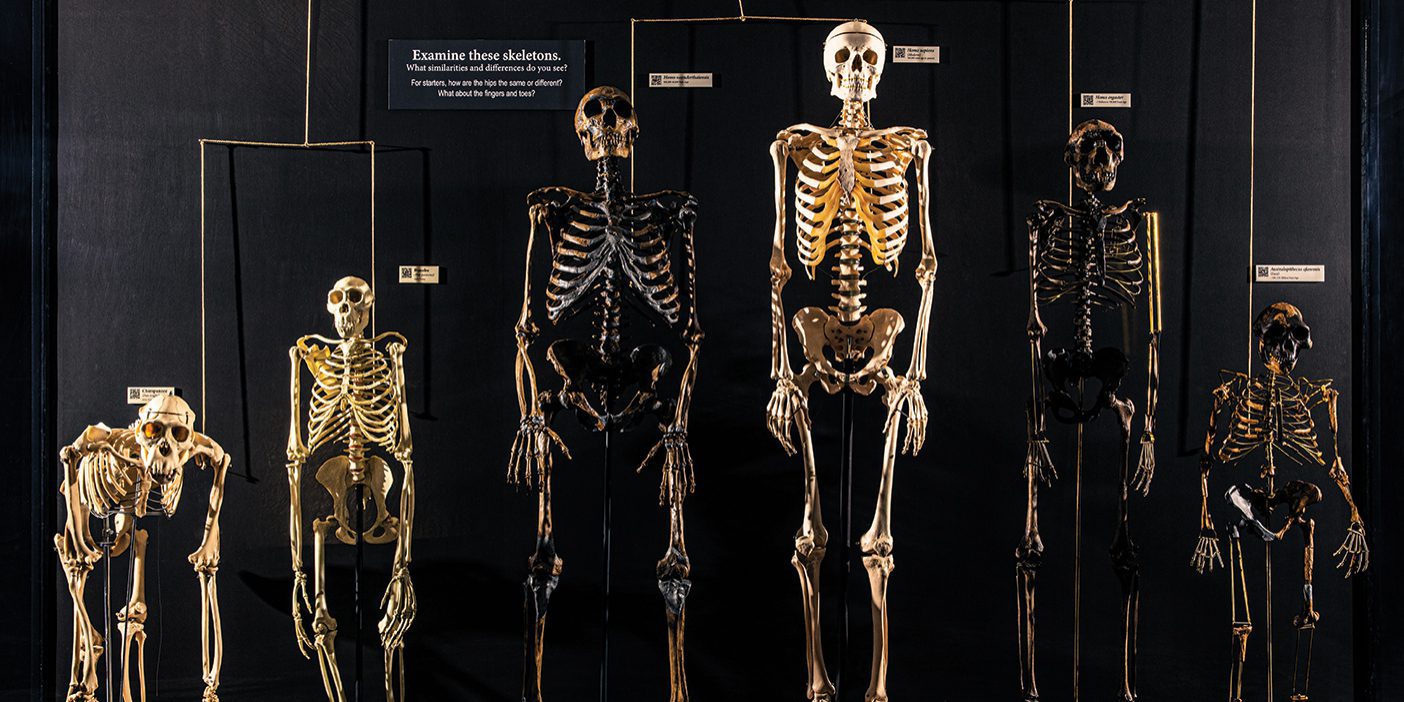Religion pours out, hot and demanding, into every field at this university because it must.

In The Church of Jesus Christ of Latter-day Saints, the university looms larger than a mere historical accident in what we call “the Restoration.” When the early Saints scarcely had resources for food and shelter, they were organizing universities.
It should not escape our attention that the Saints planned a University of the City of Nauvoo or that the seeds of a University of Deseret were in place by 1850 or that a Brigham Young Academy was a fledgling reality by 1875. Simply put, prioritizing something like a university when so much else seemed so tenuous surely tells us something about the place of the life of the mind in God’s kingdom. As the late Elder Neal A. Maxwell put it: “For a disciple of Jesus Christ, academic scholarship is a form of worship. It is actually another dimension of consecration.”¹
With that context, Brigham Young University will not and cannot divorce itself from the big questions of human experience. Unlike other institutions, there is no secularizing retreat here that permits any discipline or field to imagine itself apart from questions of human flourishing or morality or even holiness. Put another way, where does God’s light not seek to shine? Would we dare circumscribe that light? Religion pours out, hot and demanding, into every field at this university because it must.
“Brigham Young University will not and cannot divorce itself from the big questions of human experience.”
These realities will make the disciplines more demanding, not less. A steady diet of religious or intellectual Twinkies—sugary sweet but without real nourishment—as one of my colleagues describes them, has no place in God’s kingdom. The intersection of academic disciplines and the Restoration’s grand facts should be electric and, in every sense, rigorous. Joseph Smith hinted at this when he wrote of what it would take to make a difference in this world:
Thy mind, O Man! if thou wilt lead a soul unto salvation, must stretch as high as the utmost heavens, and search into and contemplate the lowest considerations of the darkest abyss, and expand upon the broad considerations of eternal expanse; he must commune with God.²
It will not be all sunshine and angels, in other words. We must labor with a clear sense of the world and its deepest problems, or none of us will be ready to lead anyone to any kind of salvation. To commune with God, according to Joseph Smith, is to begin to comprehend reality as broadly and as viscerally as He does. Superficiality and slothfulness would thwart that kind of education as surely as sin or oppression.
Accordingly, we can’t simply steer around difficult questions here. We have to wrestle right through them, and we must do it together. Years ago in BYU’s new faculty orientation, the late Elder Richard G. Scott warned us that avoiding the difficult questions might actually harm faith down the road because we would have missed an opportunity to engage them here, together, within the household of faith.
There are always problems afoot that will demand our very best and then some. From poverty to racism to ecological collapse to rampant inequality to sexual violence to poor healthcare to religious freedom to deficient education—this world groans under the weight of our collective failures. This world yearns for a people with a broad and compelling vision infused with the hope and compassion the gospel of Jesus Christ inspires in each of us. In short, this world needs you.
NOTES
1. Neal A. Maxwell, “The Disciple-Scholar,” in Henry B. Eyring, ed., On Becoming a Disciple-Scholar (Salt Lake City: Bookcraft, 1995), p. 7.
2. Joseph Smith, “Letter to the Church and Edward Partridge, 20 March 1839,” p. 12, josephsmithpapers.org/paper-summary/letter-to-the-church-and-edward-partridge-20-march-1839/12. Spelling, capitalization, and punctuation modernized.
Spencer Fluhman is executive director of BYU’s Neal A. Maxwell Institute for Religious Scholarship. This essay is adapted from a devotional address given July 30, 2019.












